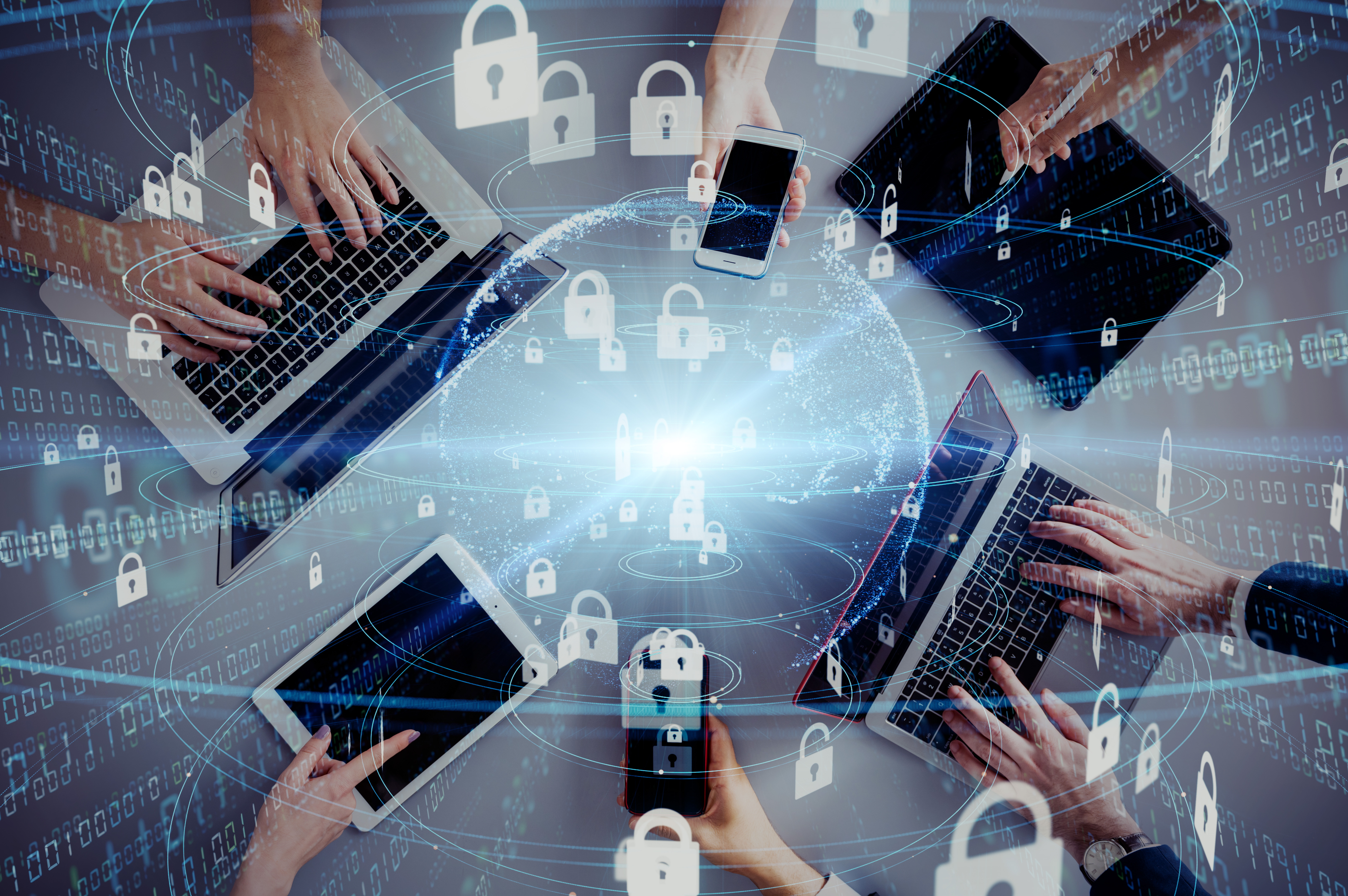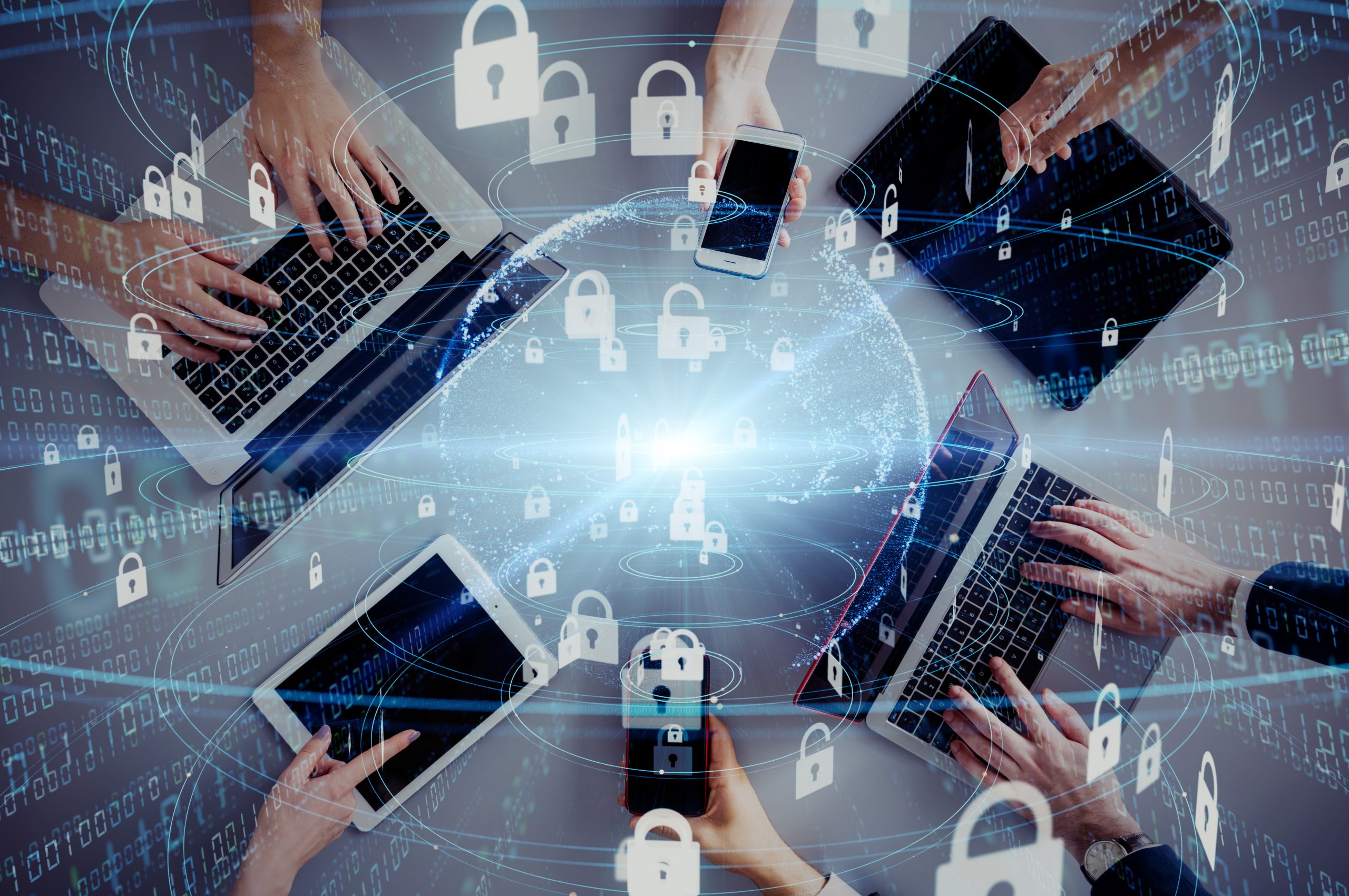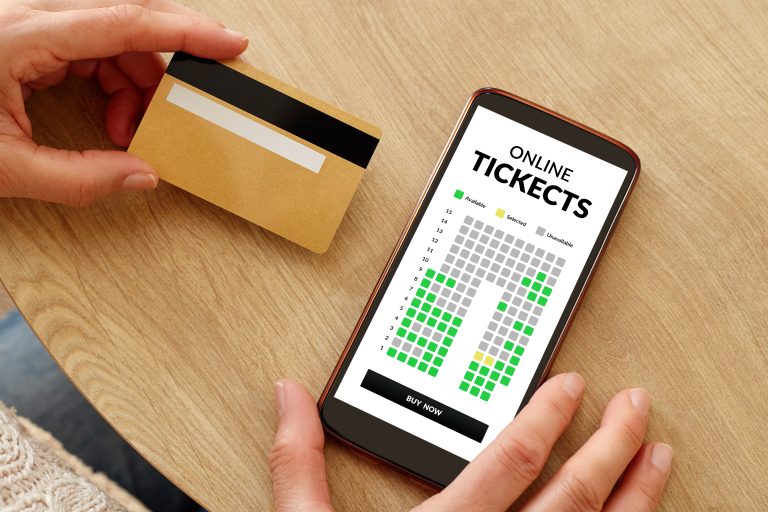Top Security Features Every Organizer Should Use to Protect Their Events
Imagine spending hours planning the perfect event, only for a data breach to shatter your efforts and trust. Protecting your event management security isn’t just a priority—it’s a necessity. Whether you’re an organizer or promoter, understanding the top event security features is crucial for ticketing data protection. In this post, we’ll uncover how these features ensure data privacy for events and boost customer confidence. Ready to fortify your event with secure ticketing solutions? Let’s get started. For more insights, check this link.## Essential Event Security Measures

It’s important to implement robust security measures for any event. These measures safeguard sensitive information and maintain the trust of your attendees.
Encryption for Data Privacy
Encryption is a method used to protect data by converting it into a code. This ensures that only authorized individuals can access the original information.
-
Importance: Encryption is critical for protecting sensitive attendee information, such as payment details. By using encryption, event organizers can prevent unauthorized access and data breaches.
-
Types of Encryption: There are various encryption methods, including symmetric and asymmetric encryption. Both have their uses, but asymmetric encryption is often preferred for event data due to its high security level.
-
For example, a music festival that utilizes encryption can assure ticket buyers that their personal and payment information is secure. This commitment to data privacy leads to increased customer trust and loyalty.
For more on encryption, see the full guide here.
Two-Factor Authentication Benefits
Two-factor authentication (2FA) adds an extra layer of security beyond just a password. It requires users to provide two forms of identification before accessing sensitive data.
-
Enhanced Security: By requiring a second factor, such as a mobile device verification, organizers can significantly reduce unauthorized access risks.
-
Implementation: Setting up 2FA involves selecting a second factor, such as a text message code or an authentication app. This process is straightforward and can greatly enhance security.
-
Real-world example: An event registration platform employing 2FA ensures that only legitimate users can access their accounts, protecting both personal data and event information.
For more detailed insights on 2FA, visit this page.
Protecting Ticketing Information

Securing ticketing information is crucial for maintaining the integrity of your event and the trust of your attendees.
Secure Payment Gateways
A secure payment gateway is essential for processing online transactions safely. It encrypts payment data to protect it from fraud during transmission.
-
Features to Look for: Ensure that the payment gateway is PCI DSS compliant, which guarantees a high standard of security.
-
Benefits: With a secure payment gateway, attendees can purchase tickets with peace of mind, knowing their financial details are protected.
-
Event organizers should choose gateways that support secure protocols like HTTPS and have robust anti-fraud measures in place.
To explore secure payment solutions, check this link.
Access Control Systems
Access control systems regulate who can enter the event space, ensuring that only authorized individuals gain entry.
-
Types of Systems: From basic ticket scanning to advanced biometric verification, there are various access control methods available. Choose one that aligns with your event’s security needs.
-
Advantages: Effective access control minimizes the risk of unauthorized entries, reducing potential safety hazards and ensuring a smooth event flow.
-
Case study: A tech conference implemented RFID badges as part of its access control system, allowing real-time tracking of attendee movements and preventing unauthorized access.
For more information on access control systems, see here.
Building Customer Trust

Building trust with your customers is essential for long-term success and repeat attendance at your events.
Transparency in Data Handling
Transparency in how data is handled is vital for building trust with your audience. Clearly communicate your data collection and usage policies.
-
Key Practices: Provide clear privacy policies and give attendees control over their data preferences. Regularly update them about how their data is used.
-
Real-world example: A large-scale sports event issued a transparent data policy statement, reassuring attendees of their commitment to data protection, which in turn boosted ticket sales.
-
Transparent communication about data handling can improve customer confidence in your event brand.
For more on data handling practices, refer to this resource.
Regular Security Audits
Conducting regular security audits helps identify vulnerabilities and ensure compliance with security standards.
-
Benefits: Regular audits can uncover weaknesses in your security setup, allowing for timely improvements and adjustments.
-
Action Plan: Schedule periodic audits with security experts to review your systems and processes. Address any issues identified promptly.
-
A case in point: A popular music festival conducted monthly security audits, which helped them maintain a high level of security and prevent data breaches.
To learn more about security audits, check out this guide.
Explore how TicketSocket’s advanced security features can protect your event and customer data today!







